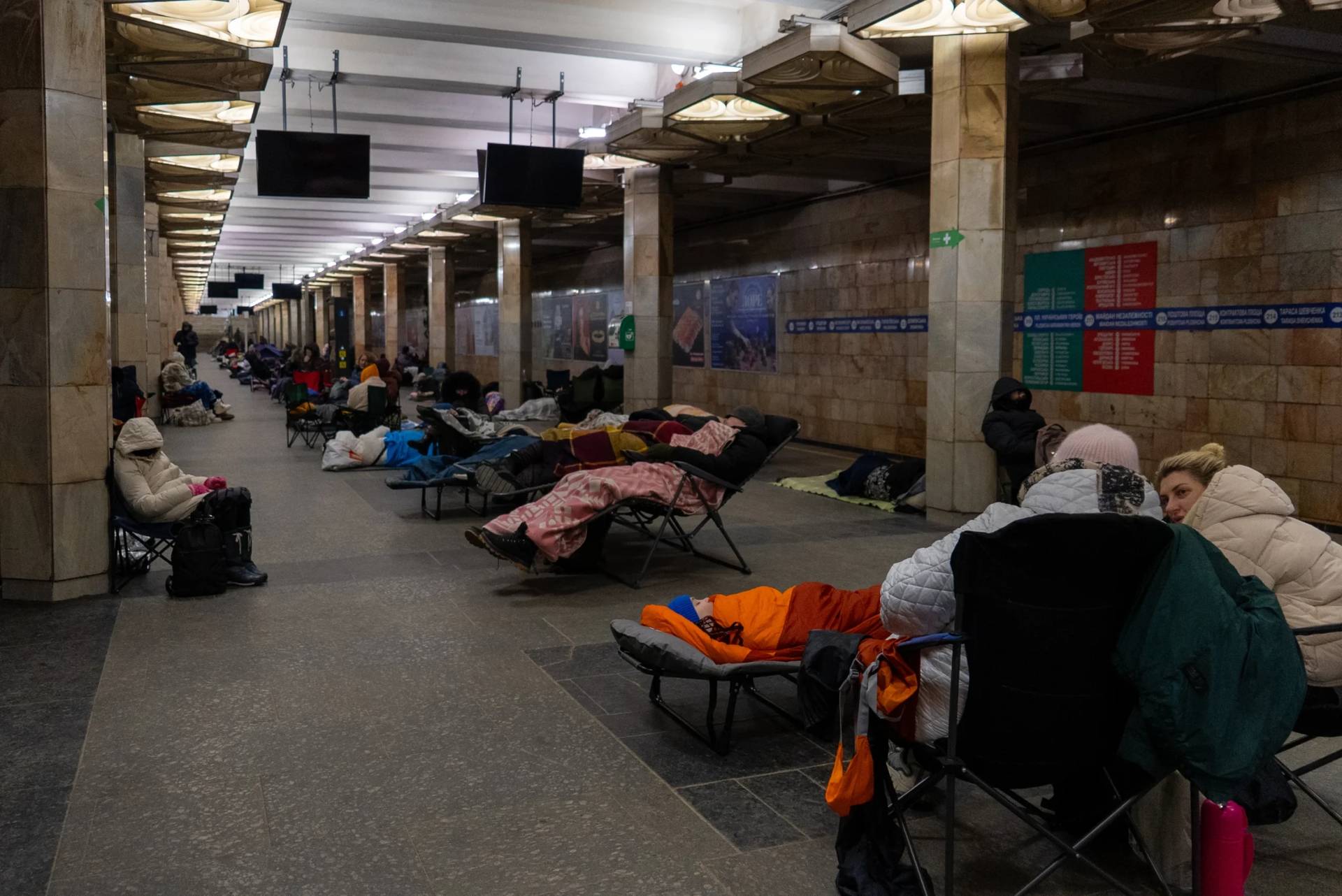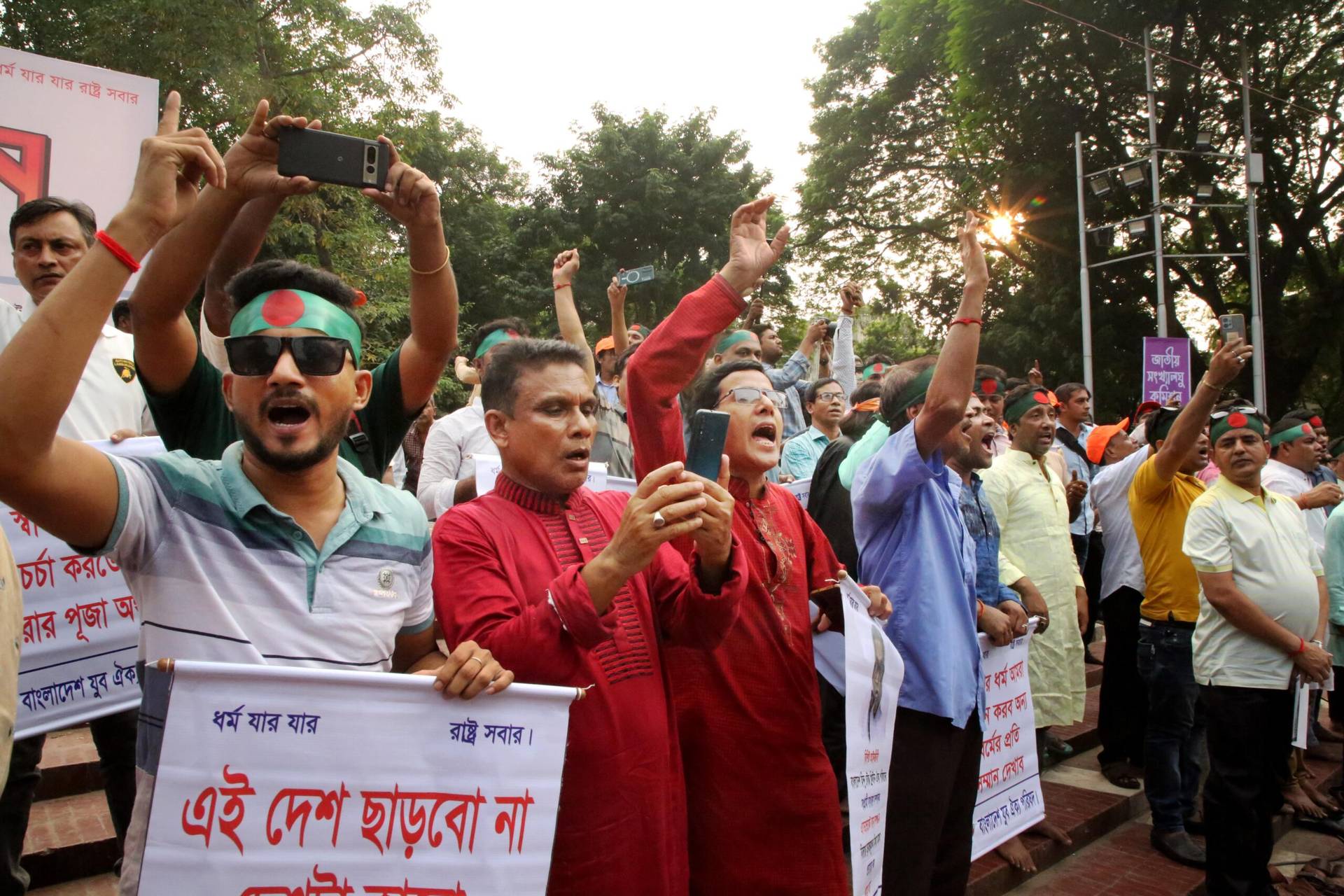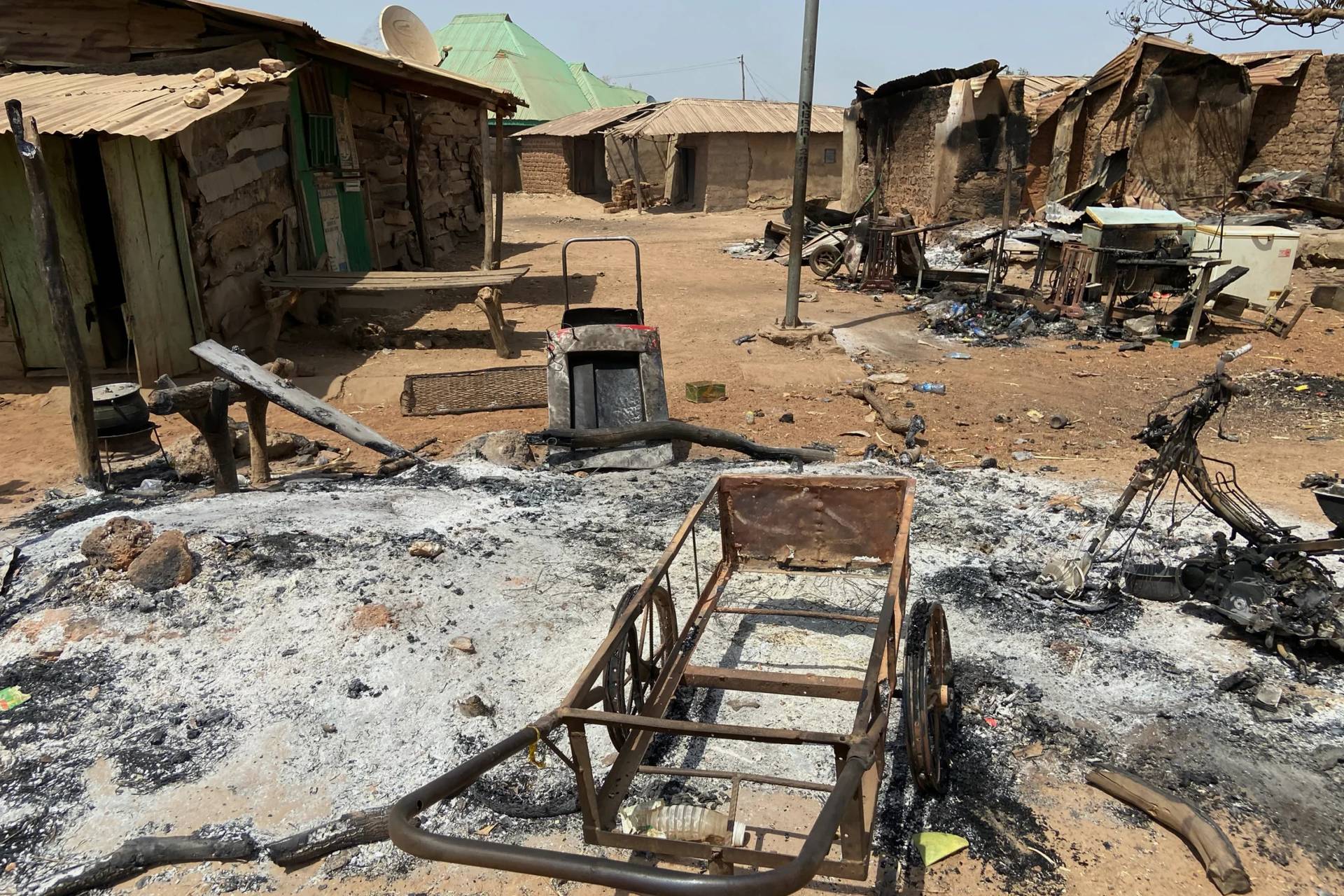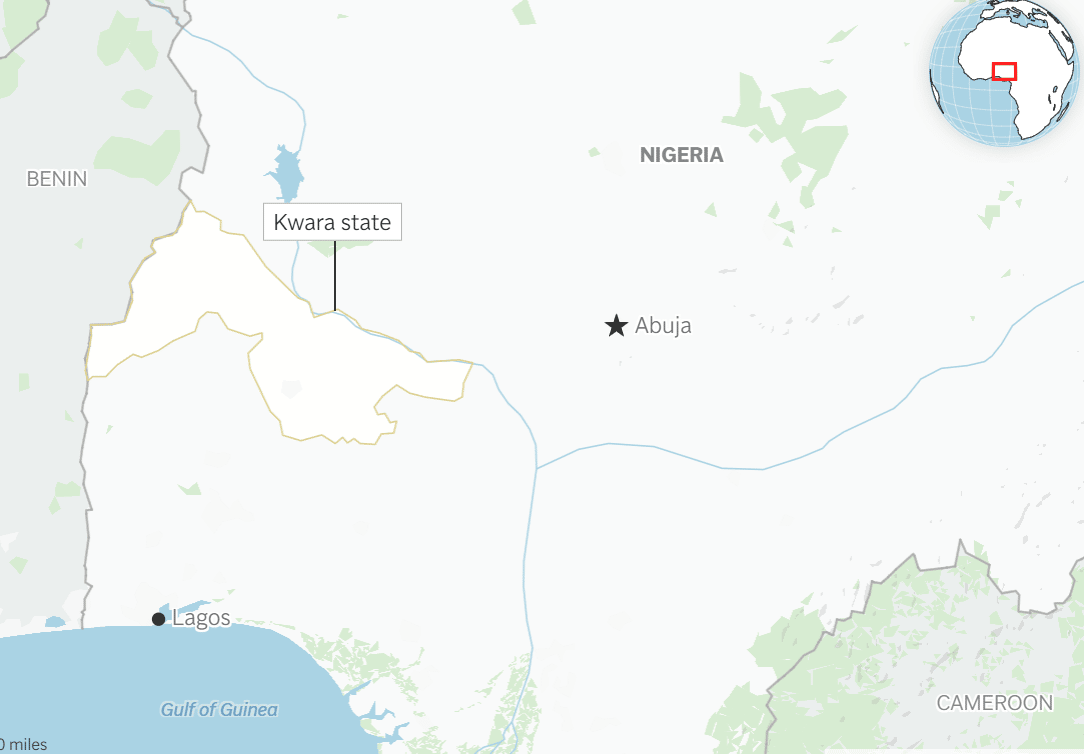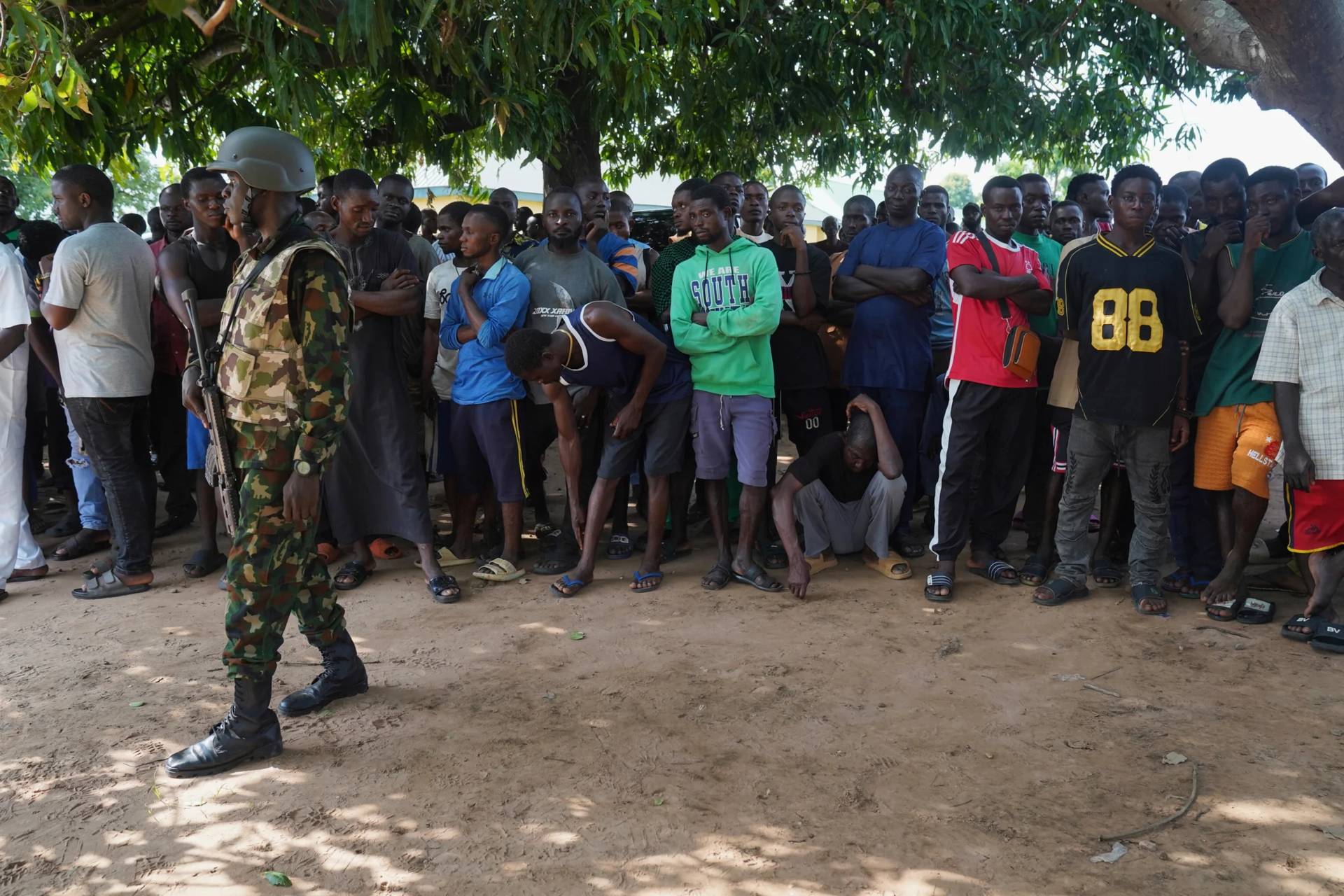YAOUNDÈ, Cameroon – Six months away from general elections, a rift between bishops in the Democratic Republic of Congo and President Félix Tshisekedi recently burst into public view with the Congolese leader complaining of a “dangerous drift” in the Catholic Church.
Speaking June 25 in his political stronghold of eastern Kasaii in South-central Democratic Republic of Congo, Tshisekedi deplored “a certain drift within the Catholic Church…A drift that I would describe as dangerous, especially in this election year.”
Tshisekedi was on hand to take part in a Mass to celebrate the Silver Jubilee of Bishop Bernard-Emmanuel Kasanda of Mbuji-Mayi.
The DRC is the largest Catholic country in Africa, with nearly 60 million followers representing almost half of the country’s population, and the church has long been an enormously influential social institution.
“The Church must be in the middle of the village, in the middle of the Congolese people. But unfortunately, some of you have taken a dangerous turn that could divide our nation. I feel obliged to say that I will never accept such a drift,” Tshisekedi said.
The son of a three-time Prime Minister under former strongman Mobutu Sese Seko, Tshisekedi pointedly said he would never “back down in the face of threats or intimidation of any kind. On the other hand, I will attack without hesitation, without remorse, anything that would jeopardize the security and stability of our country.”
He said he would do that without bothering if he is being criticized for human rights violations or deprivation of freedoms. “I will not budge,” he said, emphatically, and added that he was a democrat who has “no lessons to learn about democracy…I am a democrat, and I will remain a democrat.”
Tshisekedi’s outburst comes as a response to a harsh indictment of his governance and the electoral process by the Congolese bishops, six months ahead of the general elections in the DRC.
During their 60th Plenary Assembly that took place from June 4-22 in Lubumbashi, capital of the Upper-Katanga Province, the bishops offered their starkest criticism yet of Tshisekedi’s government since he came to power in 2019.
The clerics said they were dismayed at the proliferation of armed groups in the east of the country, and were even more worried at the resurgence of the M23 armed group which they said is “supported by Rwanda.”
They said part of this region is beyond the control of the regular forces. In the west, the Mobondo militia has emerged and expanded, sowing terror as far as the capital Kinshasa.
The bishops said they were further angered by the emergence of some militia groups in urban areas which terrorize the population and “sometimes collaborate with the police to hunt down political opponents and other peaceful citizens.”
The bishops said that contrary to the “positive signals” Thsisekedi gave at the start of his mandate in terms of a commitment to democracy, there has been “a deplorable setback characterized by the violent repression of opposition demonstrations, restrictions on the freedom of movement of opponents, attempts to pass discriminatory bills, the manipulation of the justice system and arbitrary arrests.”
They also criticized political fanatics who don’t accept opposing views and violently attack those they consider enemies.
These concerns are all the more telling as the country gears up for general elections on December 30, in which Thsisekedi is expected to seek another term.
The bishops’ conference has called for significant electoral reforms. It wants the setting up of a tripartite consultation framework comprising the ruling majority, the opposition and civil society. It is also demanding an external audit of the electoral register, failing which it will withdraw from the process.
“If it has nothing to hide, the [Independent Electoral Commission] should not hesitate to carry out this counter-audit, which will not disrupt the deadlines. But if the [commission] and the ECC (Church of Christ in Congo) conclude that we are not in a position to observe elections, then what is being prepared are not elections that we can recommend to the population”, said Bishop Donatien Nshole, secretary for the conference.
The need for reform, the church leaders said, is a response to the country’s “recurrent political crises, one of the fundamental causes of which is the contestation of the legitimacy of institutions and their leaders.”
The stability of the Congo and the well-being of its people “depend in particular on free, inclusive, transparent and peaceful elections,” the bishops said.
The bishops called on the Congolese electorate to “rise up” and take responsibility for their future as a sovereign people by participating massively in the elections, because the vote “will be decisive for the future of our country.”
They warned against voting for opportunistic politicians who are only interested in their personal, family or tribe interests, and chose people of high moral standing who have the general interest at heart.





